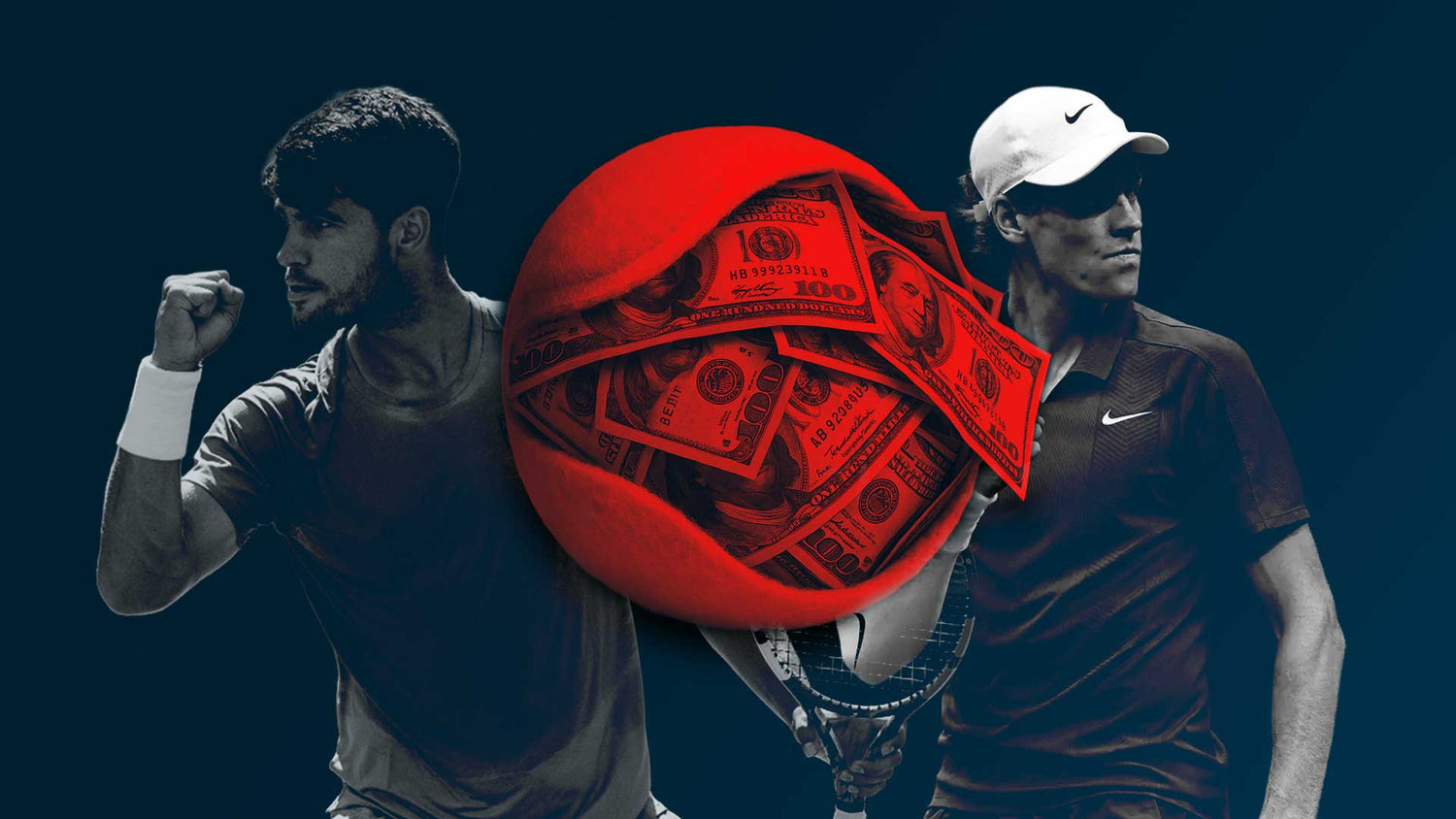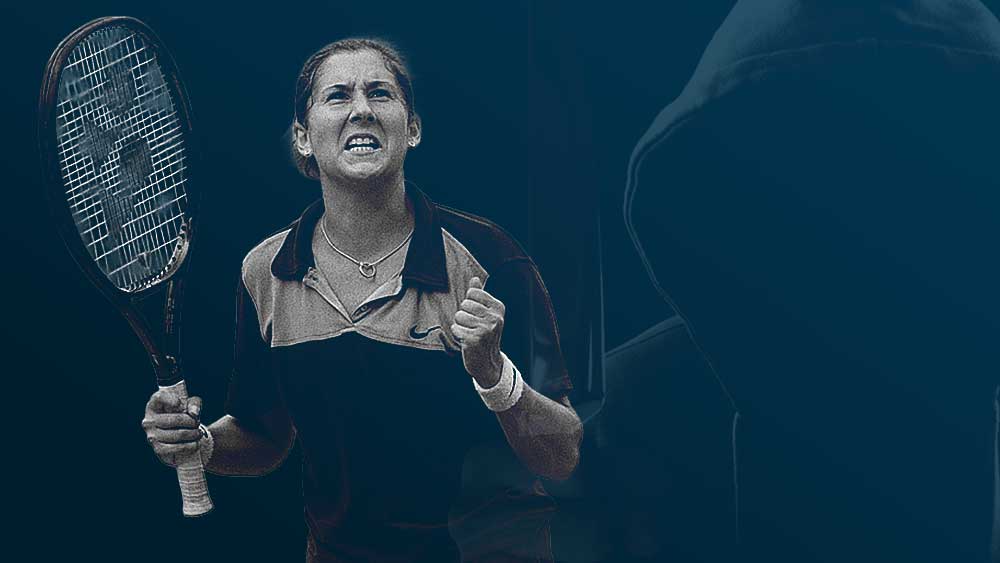The tennis world has seen many exhibition events, but none quite like the “Six Kings Slam” in Riyadh. Funded by Saudi money and presented as a glittering showdown of superstars, it dazzles on the surface but crosses a troubling line. Behind the glamour lies an event that undermines the values that make tennis real.
How Saudi Millions Are Redefining Tennis Success
The Six Kings Slam isn’t an official ATP tournament but a private exhibition. There are no ranking points and no qualification process. Six stars were invited purely for their fame, not because they earned their spots. Even the draw ignored ATP standards, with top-ranked players sometimes forced to play more matches than lower-ranked veterans.
The money tells the true story. Each participant reportedly earned about $1.5 million just for showing up, and the winner took home around $6 million—more than the US Open champion’s prize. For just a couple of matches over a weekend, that’s a staggering payout. This isn’t competition; it’s a cash-driven show that sends the message that fame, not effort, buys opportunity.

Influencers, Netflix, and Tennis: The Six Kings Slam Show
The event’s promotion made clear it was more spectacle than sport. YouTube giants like MrBeast and iShowSpeed were brought in to hype the tournament, turning it into a social media circus. Netflix streamed the matches as if it were a reality show, complete with dramatic visuals and “royal” imagery. The result looked more like entertainment marketing than a tennis event.
Tennis traditionally stands for respect, concentration, and sporting excellence—think of Wimbledon’s quiet dignity or the drama of the Davis Cup. In Riyadh, those values were drowned out by flashing lights and influencer cameos. The focus shifted from athletic achievement to viral moments, reducing world-class players to props in a commercial performance.
From Fatigue to Fortune
Perhaps the most disappointing part was the players’ participation. Throughout the year, top players often complain about fatigue and a packed schedule. Yet for this exhibition, those concerns vanished the moment millions were on offer. Carlos Alcaraz, for example, withdrew from an ATP Masters event citing exhaustion but appeared fit enough to play in Riyadh days later.
Taylor Fritz was blunt about it: “Show me another tournament where you can play two matches and make six million.” He wasn’t wrong, but his honesty exposed the core issue—money over principle. Fans who follow players for their passion and dedication see hypocrisy instead. When stars skip official events for cash exhibitions, it weakens the sport’s integrity and the trust of its supporters.
A Threat to the Tennis Calendar
A state-funded mega-exhibition like the Six Kings Slam threatens the balance of the tennis ecosystem. Traditional tournaments must operate within budgets, attract sponsors, and invest in local tennis development. Saudi Arabia, with near-limitless funds, faces no such constraints. It can outbid everyone to host short, flashy shows without building lasting value for the sport.
If more events like this emerge, players may skip tour events to chase easy paydays. Smaller tournaments could fade, and even major ones might struggle to attract top talent. Tennis risks turning into a series of paid showcases rather than a structured competition built on merit and narrative.
Sportswashing Behind the Scenes
The Six Kings Slam is part of a broader strategy known as sportswashing—using major sports events to improve a country’s image. Saudi Arabia has already invested billions in golf, football, boxing, and Formula 1, and tennis is the latest addition. The goal is clear: shift the global conversation from politics and rights issues to glitz and entertainment.
By appearing in such events, players—whether knowingly or not—lend their star power to this rebranding effort. Smiling photos with Saudi dignitaries and oversized checks make great PR, but they come at a moral cost. Tennis risks becoming a tool for political image management rather than a celebration of fair play.
A Warning for Tennis
The Six Kings Slam crowned a champion, but in many ways, tennis lost. It showcased how easily integrity can be sidelined when the money is right, and how quickly stars will compromise principles for convenience. It blurred the line between competition and show business, turning the sport into a vehicle for spectacle and soft power.
Tennis has always been about merit, dedication, and respect for tradition. This event represents the opposite: an invitation-only, money-fueled display dressed up as a tournament. If the sport continues down this path—chasing easy money and courting political image-makers—it risks losing what makes it meaningful.
Fans deserve a game built on effort, not appearance fees; on true competition, not staged glamour. The Six Kings Slam should serve as a wake-up call: not everything that glitters is good for the game. Tennis must protect its authenticity before the show lights drown out the sport itself.








Leave a comment
This site is protected by hCaptcha and the hCaptcha Privacy Policy and Terms of Service apply.